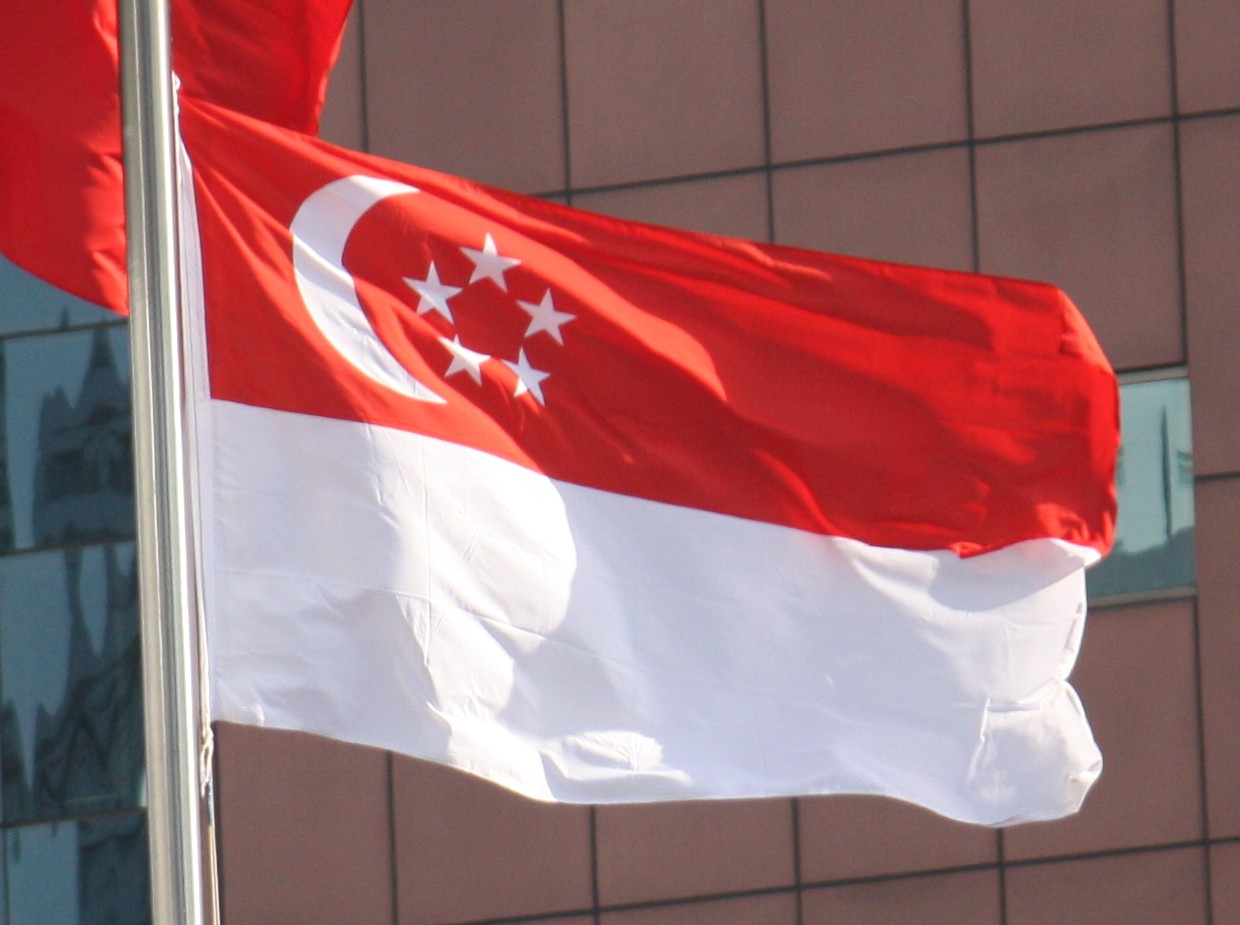To Singapore with Love, a documentary film by Singaporean director Tan Pin Pin, has been banned in Singapore due to national security concerns. The film revolves around the lives of activists, student leaders and members of the communist party who fled the country between the 1960's and the 1980's in the midst of crackdowns carried out by the British colonial government and then the government of the new Republic.
The Media Development Authority (MDA), a government agency that supervises Singapore's media, decided that the film is "not allowed for all ratings", which means that it cannot be distributed or publicly screened in Singapore.
"MDA has assessed that the contents of the film undermine national security", explained the authority on its website, "because legitimate actions of the security agencies to protect the national security and stability of Singapore are presented in a distorted way as acts that victimised innocent individuals. Under the Film Classification Guidelines, films that are assessed to undermine national security will be given an NAR rating. The individuals in the film have given distorted and untruthful accounts of how they came to leave Singapore and remain outside Singapore. A number of these self-professed 'exiles' were members of, or had provided support to, the proscribed Communist Party of Malaya (CPM). The CPM sought to overthrow the legitimate elected governments of Singapore and Malaysia through armed struggle and subversion, and replace them with a communist regime ... The individuals featured in the film gave the impression that they are being unfairly denied their right to return to Singapore. They were not forced to leave Singapore, nor are they being prevented from returning. The Government has made it clear that it would allow former CPM members to return to Singapore if they agree to be interviewed by the authorities on their past activities to resolve their cases. Criminal offences will have to be accounted for in accordance with the law."
Minister for Communications and Information Yaacob Ibrahim voiced his support for the MDA's assessment.
"It is not surprising that ex-CPM members and sympathisers wish now to give their own accounts of historical episodes that they were involved in," he said in a statement. "But individuals who have chosen to leave and remain outside Singapore, and refused to account for their past actions, should not enjoy a public platform to purvey distorted and untruthful accounts to mislead the public, absolve themselves or deny their past actions."
One of the people interviewed in the documentary is Ho Juan Thai, a candidate of the Workers' Party who criticised the government because it promoted English instead of Chinese. Mr Ho was accused of making "racially inflammatory speeches", a severe charge under Singapore's Internal Security Act. He fled to the UK in 1977 to escape prosecution.
Singapore is known for its restrictions on freedom of speech. One example of legislation that discourages free speech is the Undesirable Publications Act, which bans "the importation, sale or circulation of any publication or series of publications published or printed outside Singapore or within Singapore by any person [which] would be contrary to the public interest".
A website license scheme passed last year requires online news sites with at least 50,000 unique visitors from Singapore each month and which publish at least one article on Singapore's news and current affairs per week to apply for an individual government license. Licensed websites are required to take down content that the MDA considers "objectionable" within 24 hours from the authority's written notification.
 |
| Flag of Singapore (source) |
A website license scheme passed last year requires online news sites with at least 50,000 unique visitors from Singapore each month and which publish at least one article on Singapore's news and current affairs per week to apply for an individual government license. Licensed websites are required to take down content that the MDA considers "objectionable" within 24 hours from the authority's written notification.
In a statement on her Facebook page, director Tan Pin Pin expressed her "disappointment" over the MDB's decision.
"I made this film because I myself wanted to better understand Singapore," she wrote. "I wanted to understand how we became who we are by addressing what was banished and unspoken for ... I was also hoping that the film would open up a national conversation to allow us to understand ourselves as a nation better too. I am therefore very disappointed that my film is banned. By doing this, MDA is taking away an opportunity for us Singaporeans see it and to have a conversation about it and our past that this film could have started or contributed to. It is vital for us to have that conversation on our own terms, especially on the eve of our 50th birthday. We need to be trusted to be able to find the answers to questions about ourselves, for ourselves."
Comments
Post a Comment